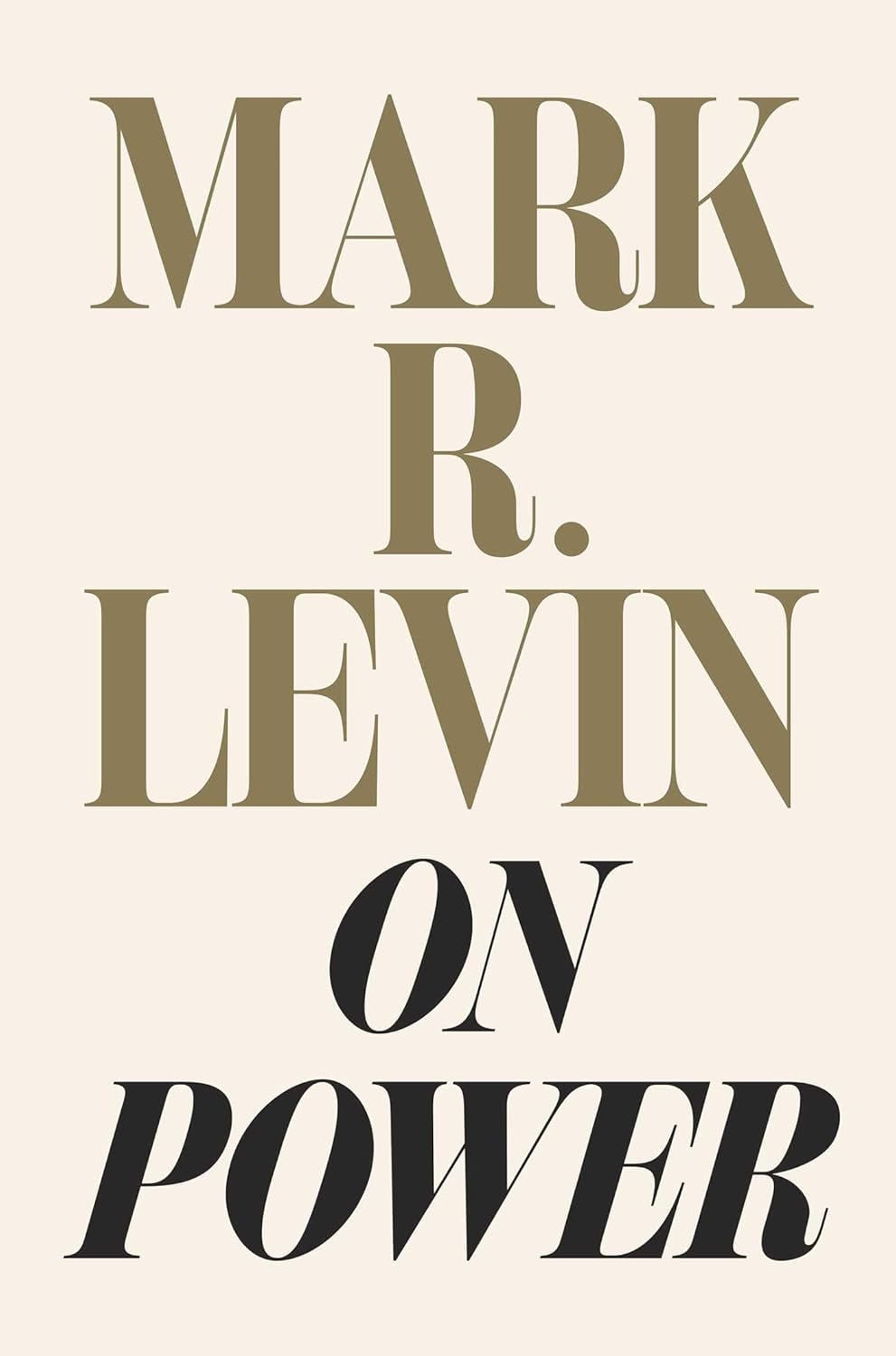Book Summary
In On Power, Mark R. Levin, the eight-time #1 New York Times bestselling author and conservative commentator, delivers a profound examination of power’s dual nature—its capacity to oppress and liberate. Published by Threshold Editions, Levin’s work contrasts tyrannical power structures with societies built on consent, checks and balances, and individual rights. Drawing parallels to thinkers like Alexis de Tocqueville and Frédéric Bastiat, Levin argues that America’s Founding Fathers uniquely harnessed power for liberty, a theme he expands through historical and philosophical lenses.
The book’s strength lies in its accessible yet rigorous analysis, though critics may find its conservative perspective polarizing. Levin’s prose is direct, targeting readers who share his skepticism of centralized authority. While some passages echo his earlier works like Liberty and Tyranny, On Power stands out for its timely focus on contemporary threats to constitutional governance, making it a rallying cry for conservative audiences.
Key Themes
Levin’s central theme is the dichotomy between power used for tyranny versus liberty. He traces how monarchs and dictators consolidate control through force, contrasting this with the U.S. Constitution’s framework of limited government. Levin warns against modern elites who, he claims, mimic historical oppressors by eroding individual freedoms under the guise of collective good. His examples range from ancient civilizations to current political debates.
A secondary theme is the fragility of liberty. Levin emphasizes that constitutional republics require vigilant defense against ideological and institutional overreach. He critiques progressive movements and lambasts judicial activism. This theme resonates with conservative readers but may alienate those seeking bipartisan dialogue.
What Makes It Unique
On Power distinguishes itself through Levin’s fusion of polemic and philosophy. Unlike his more policy-driven works, this book leans into abstract ideas, dissecting power’s metaphysical dimensions while grounding them in conservative praxis. The chapter structure allows Levin to pivot between theory and application, though some transitions feel abrupt.
Another standout is Levin’s use of historical analogies, linking modern progressivism to past tyrannies. While this tactic isn’t new to his oeuvre, On Power sharpens it with fresh case studies, such as critiques of modern social movements. However, his conflation of disparate left-wing movements has drawn criticism for oversimplification.
Reader Reactions
Early reviews highlight polarized responses. Conservative outlets praise Levin’s “uncompromising defense of liberty,” with one calling it “a blueprint for resisting authoritarian creep.” Goodreads users note its accessibility compared to Levin’s denser works, though some critique its repetitive arguments. A recurring sentiment is that the book preaches to the choir, offering little for readers outside Levin’s base.
Detractors accuse him of “recycled slogans” and cherry-picked quotes. While On Power avoids some pitfalls of that earlier work, its adversarial tone risks alienating undecided audiences. Still, Levin’s fans celebrate his combative style as a feature, not a bug.
About the Author
Mark R. Levin is a heavyweight in conservative media, hosting The Mark Levin Show and appearing on Fox News. A former Reagan administration official and constitutional lawyer, he’s authored seven #1 bestsellers, including Liberty and Tyranny and American Marxism. His legal background informs his critiques of judicial overreach, while his radio persona shapes his fiery, conversational prose.
Levin’s relevance to On Power stems from his decades-long focus on constitutional originalism. The book synthesizes themes from his career, making it a culmination of his ideological project. However, his partisan reputation may limit the book’s academic reach, despite its philosophical aspirations.
Memorable Quotes
“Power exercised without consent is the essence of tyranny—whether by a monarch, a dictator, or the faceless bureaucrats of the administrative state.”
“The Constitution is not a living document but a steadfast chain, binding government to the Founders’ vision of divided and limited power.”
Where to Buy or Download PDF of On Power
- Indigo
- Google Books (Preview available)
- Amazon
